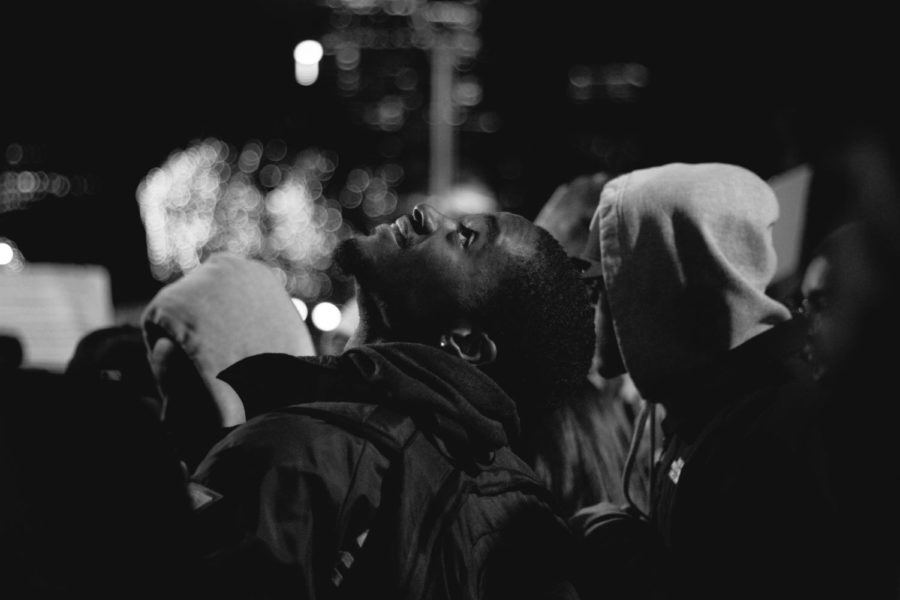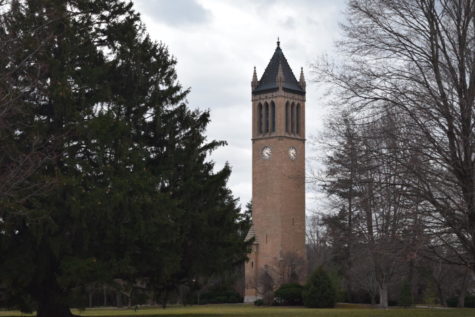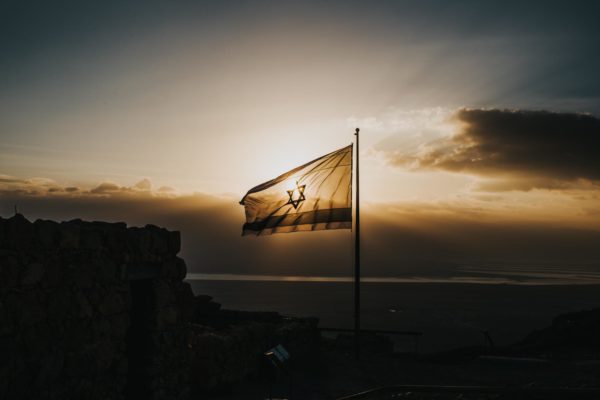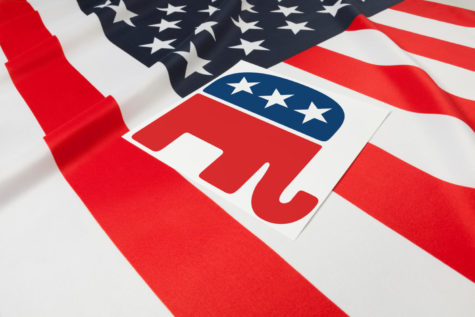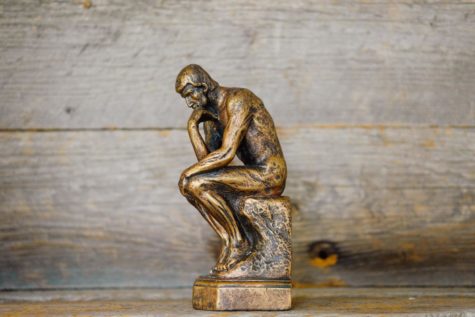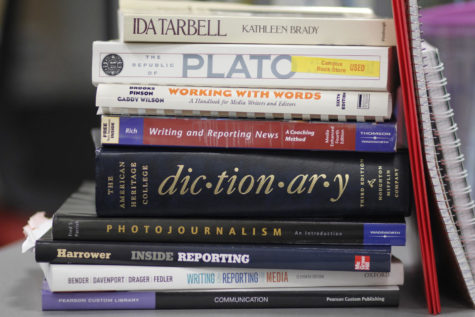Story: On George.
Alyssa Story, opinion editor of the Los Angeles Loyolan, believes the movement to be as justifiable and inalienable as breathing.
June 3, 2020
Minneapolis is burning. My home is burning. This country is burning, and the embers won’t go out until substantial changes are made. This rage isn’t new. These issues aren’t new. This is the inequity Minnesota is built on, and the abuse of Black bodies our country is built on.
I can’t tell you exactly why this is the moment this unrest is happening, but I can tell you that it is a long time coming. While there are many people and groups using this moment to promote their agendas or live out the anarchical fantasy, at the heart of this moment is a message that must be heard.
In many ways Minnesota is a hidden gem. A place where the grass grows green, the people are nice, the streets are clean and the schools are good. Minnesota is home to 16 Fortune 500 companies, numerous prestigious universities and some of the best public schools in the nation. If you were to visit Minneapolis, it would genuinely be hard to sniff out the deep oppression here. Racist systems and pasts are cloaked in “Minnesota Nice.” But the undercurrent runs strong. In 2017, Minnesota was ranked second for racial disparities in the U.S., after our close neighbor Wisconsin. In the past three years, not much has changed. The Midwest remains one of the most unequal places in the country. Not the “Jim Crow South,” the Midwest.
This type of racism is a silent killer. It seeps in the cracks of homes and minds and infects everyone.
This type of racism is a silent killer. It seeps in the cracks of homes and minds and infects everyone. For some, Minnesota is a near utopia. The schools are good, we have strong public utilities, a strong job market, wonderful nature and weather. But, in reality, residential perfection is only for some. Minnesota has some of the largest equity gaps in the country for Black people.
This inequality is almost never addressed because it is easily ignored in places like Minneapolis. Redlining and unequal lending reinforces segregation in communities, so people can live their entire life without being exposed to the true diversity of this state. The median household income for a white family is nearly double that of a Black family. Seven percent of white Minnesotans live in poverty, but for Black citizens the rate is 27 percent. Only 24 percent of Black households own their home. Seventy-six percent of white households own their homes.
This isn’t just microaggressions and racist language, this isn’t just about cops killing Black people. This is about systems set in place that intentionally keep Black and brown communities held down.
Black America is not the same as white America. And yes, sometimes being Black is fun. Many days I’ve thanked God for my seat at a table. Being Black is like being part of an international club of understanding and support for one another. There’s culture, music, hair, fashion, food, literature and more that was created and established well before I, or my parents, were born. Some days, being Black is beautiful. It is a symbol of strength and courage, of love and community and of hope. But then, I see another Black body, handcuffed, face down on the pavement, lifeless at the hands of the police. A glaring reminder that all our Black culture and joy is just a cover. It is the threads we have had to weave to try and stitch up the gaping slashes that run deep within our community and individuals.
This isn’t just about Black men being killed by cops, this is about the fact that the Black community’s systematic oppression is still not seen.
Eventually this moment will end. The protest will die down and those who are privileged enough to ignore this oppression will begin focusing on other news. But I won’t, I can’t. This isn’t just about Black men being killed by cops, this is about the fact that the Black community’s systematic oppression is still not seen. This is about the fact that we still aren’t heard as we are screaming for you to hear us when we say this country is founded on keeping Black people as lesser. This is about all the times we are told to calm down when we are faced with racist acts and language. When will you believe us?
Racism isn’t just being called the N word; racism is the foundation this country sits on. Racism is when you won’t go to a part of town because it feels “unsafe.” Racism is when white culture is the standard. Racism is when Black and brown people are not able to become financially independent because they cannot get loans from the bank. Racism is the school to prison pipeline and the achievement gap. Racism is the fact that Black women are four times more likely to die during childbirth. Racism is when white people refuse to live in diverse communities because it makes them feel uncomfortable.
This isn’t just about George or Breonna or Ahmaud or even Trump. This is about years of abuse. This is about not being allowed to truly live in America. Our work is not valued, our bodies are not valued, our lives are not valued. This runs deeper than most of us can even begin to imagine. What started in my hometown is spreading. The outrage we feel here in Minneapolis is not new, nor is it unique. These are feelings that have been growing in marginalized communities all throughout the country. Do you see us yet?
Do you hear us yet?
Alyssa Story, opinion editor of Los Angelas Loyolan, Loyola Marymount University in Los Angeles.

